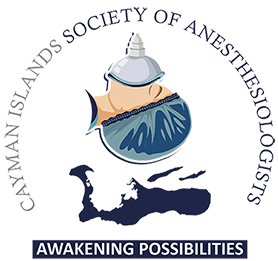
New research on anesthesia unlocks important clues about the nature of consciousness
For decades, one of the most fundamental and vexing questions in neuroscience has been: what is the physical basis of consciousness in the brain? Most researchers favor classical models, based on classical physics, while a minority have argued that consciousness must be quantum in nature, and that its brain basis is a collective quantum vibration of “microtubule” proteins inside neurons.
New research by Wellesley College professor Mike Wiest and a group of Wellesley College undergraduate students has yielded important experimental results relevant to this debate, by examining how anesthesia affects the brain. Wiest and his research team found that when they gave rats a drug that binds to microtubules, it took the rats significantly longer to fall unconscious under an anesthetic gas. The research team’s microtubule-binding drug interfered with the anesthetic action, thus supporting the idea that the anesthetic acts on microtubules to cause unconsciousness.
“Since we don’t know of another (i.e,. classical) way that anesthetic binding to microtubules would generally reduce brain activity and cause unconsciousness,” Wiest says, “this finding supports the quantum model of consciousness.”
It’s hard to overstate the significance of the classical/quantum debate about consciousness, says Wiest, an associate professor of neuroscience at Wellesley. “When it becomes accepted that the mind is a quantum phenomenon, we will have entered a new era in our understanding of what we are,” he says. The new approach “would lead to improved understanding of how anesthesia works, and it would shape our thinking about a wide variety of related questions, such as whether coma patients or non-human animals are conscious, how mysterious drugs like lithium modulate conscious experience to stabilize mood, how diseases like Alzheimer’s or schizophrenia affect perception and memory, and so on.”
More broadly, a quantum understanding of consciousness “gives us a world picture in which we can be connected to the universe in a more natural and holistic way,” Wiest says. Wiest plans to pursue future research in this field, and hopes to explain and explore the quantum consciousness theory in a book for a general audience.
